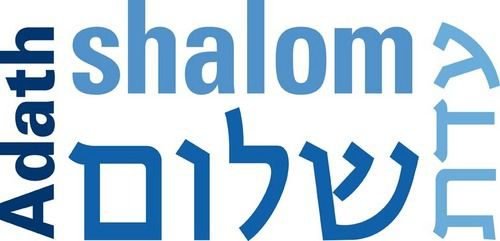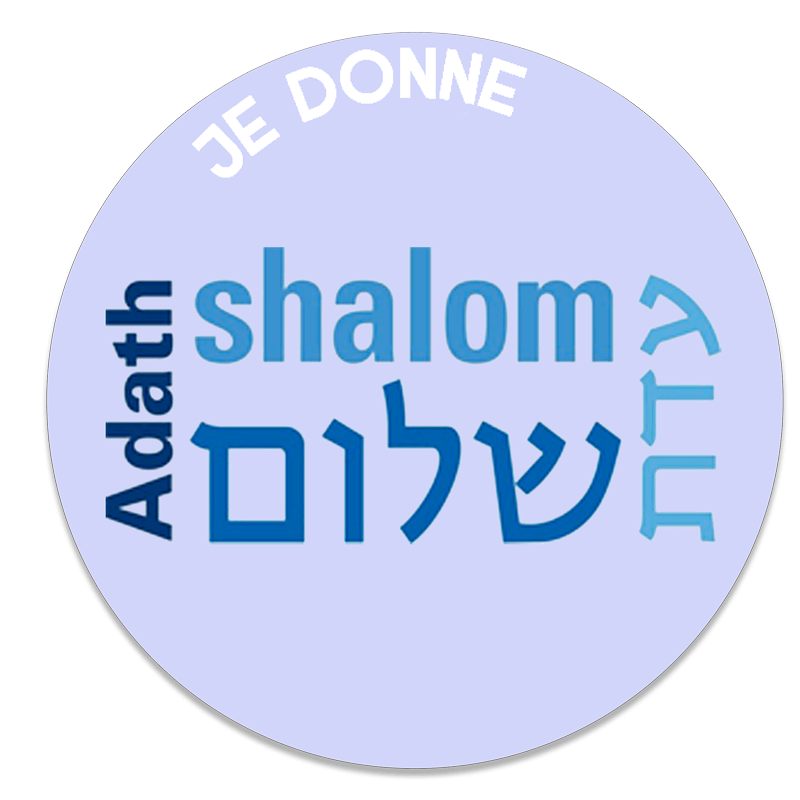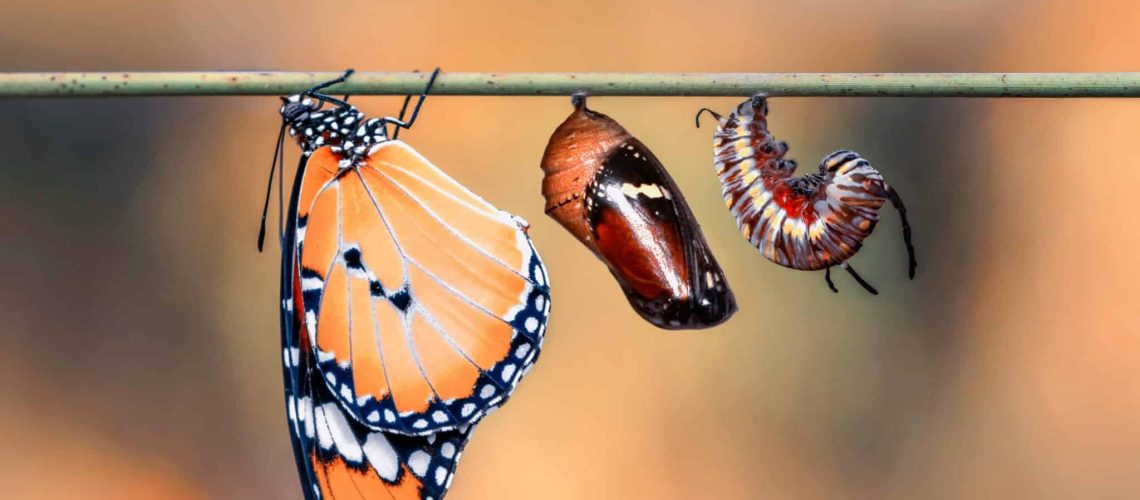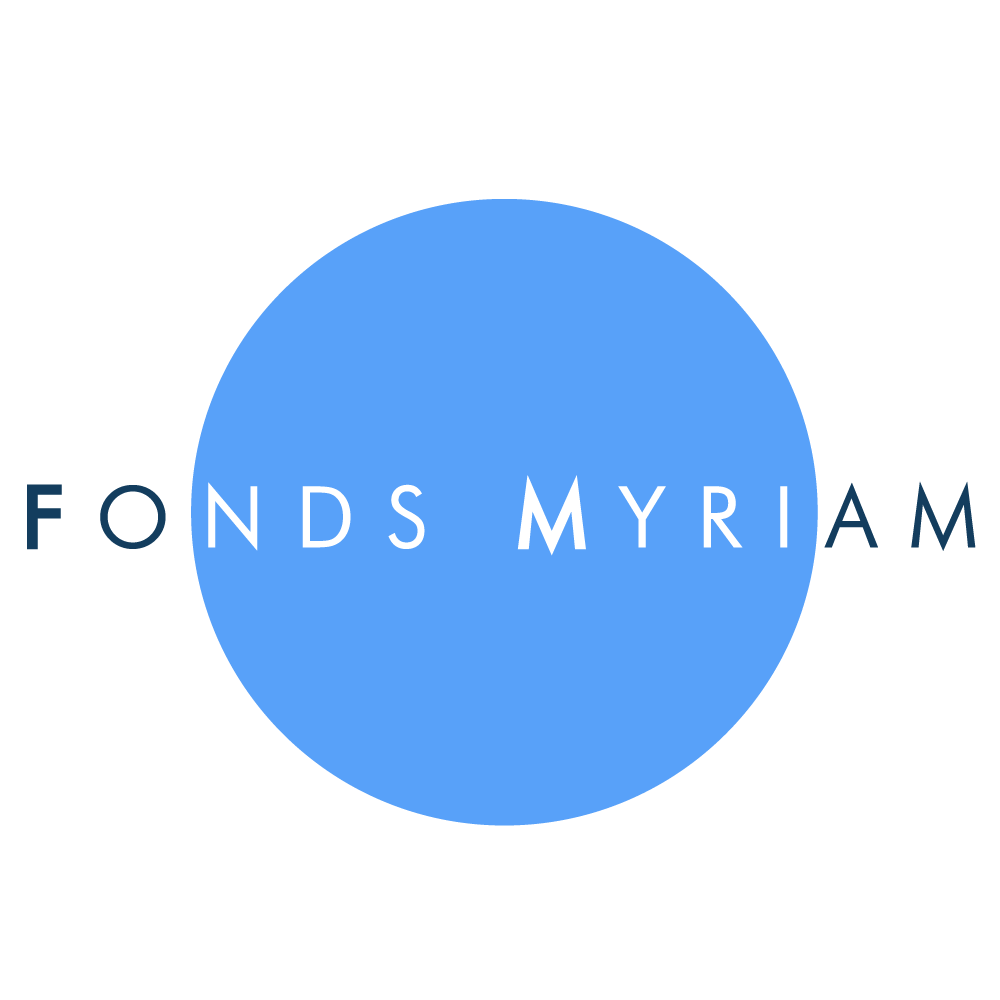Chevii Chel Pessah 5783 par le rabbin Josh Weiner
What are we celebrating today?
It makes sense to celebrate the end of something momentous as well as its beginning, but in many ways the climax of Pessah is celebrated not now, but 49 days from the beginning, on Chavouot. Nonetheless, we have this festival, with all the restrictions and demands to be happy that we know from other festivals, but without a clear reason given for why it should be marked as sacred time. Perhaps this absence of meaning was the impetus for the midrash that it marks the Israelites’ crossing of the Sea of Reeds.
The logic behind it is simple, if not necessarily convincing. Moses had originally asked Pharaoh for a three day break from their slavery in order to celebrate a festival for God in the desert (why he presented this lie is a discussion for another time.) Now, after the tenth plague and Pharaoh letting them go free, it’s unclear whether he’s allowing them to go completely free forever, or only for three days as per the original request. Three days after they leave, so on the third day of Pesach, Pharaoh is waiting for them to come back. On the fourth day, he sees they are not returning, and he amasses his army to chase them. By then, the Israelites are already three days into the desert by the sea, so it’s only on the seventh day of Pesach that Pharaoh and his army reach them, and the story of the crossing of the sea occurs then.
“Uncovering” the matzah
It seems to me that there is something else happening here on the seventh day, maybe in addition to the crossing of the sea. But before we get into that, I want to point out one of the most beautiful texts of the haggada, in my opinion, that we don’t always notice. The text is an instruction that is repeated several times throughout the maggid section: megalim et hamatzot, uncover the matzah.
There’s a technical sense in which we cover and uncover the matzot for various reasons throughout the reading, but there’s another sense, in Hebrew and in French too, of discovering something new. We’ve been talking about matzah and hamets for weeks by the night of the seder, but something about the experience of that night is as if we are discovering the matsa for the first time. We say something else remarkable too, when explaining the Pesach, Matzah and Maror.
Why are we eating matsot at all?
We all know the story of not having enough time to let the dough rise before rushing out of Egypt, but when we explain the story at the seder, we instead say: “our ancestors didn’t have enough time for their dough to rise before the King of Kings appeared before them and redeemed them!” The same word, nigla; they suddenly discovered God while preparing their matsa. There’s a sense of amazement and discovery and naivety around this festival, every year.
Every year too, I get asked similar questions of what is allowed and what to do, and I never remember, I always need to re-learn the material, which seems to be infinite. With all the nostalgia and traditions, with all the preparations and cleaning and shopping and learning, there’s always a sense in which I feel unprepared, as if it were my first Pesach.
The metaphor of childbirth
Pesach is the first festival, the beginning, but also a festival of firsts and beginnings. We notice the first-borns of Egypt because of the plague that struck them, but in many ways, the people of Israel are born during this leaving of Egypt – this is what God says to Pharaoh, beni behori Yisrael, Israel is my first-born child. In fact, one way of translating the name of Egypt, Mitsraim, is ‘contractions’. Out of these contractions, something new begins. Like for the birth of every child, you spend months preparing, thinking, dreaming, worrying, planning – and then: something new, surprising and unexpected despite all the preparation. And the next step is new too, and the next and the next, a chain of discoveries.
This is what it was like leaving slavery. What will freedom be like? We don’t know. Moses already says this to Pharaoh, when he tells him that only the men and only certain animals can go celebrate this festival in the desert. Moses replies: but we don’t know what our God wants of us, we have to take everything, our commitment has to be total and unplanned. Maybe some of you are optimists, or know somebody who is one. I think I am, usually. Ask an optimist what they think of our situation, with the wars and the hate and the destruction and the fragility, and they’ll answer something like: it’ll be ok. But ask them what will the world look like after everything is ok, they won’t be able to describe it. That’s the nature of hope and redemption: everything essential is unknown. We discover the matzah!
Cycles of creation take seven days in the Torah. The world, including the ability to rest, was created in seven days. The mishkan was dedicated for seven days and then celebrated on the eighth – this is our upcoming paracha. When a boy is born, the mother is impure for seven days and then she and her son can re-enter the community on the eighth.
The seven days of Pesach complete the long birth of the people of Israel as a free people, so that they can discover the new challenges that await them. The passing through the sea is a symbol of this birth. What happens after this birth? Nothing simple: one verse after the song of the sea the people are already crying, complaining, thirsty, hungry. We experience a longing for the days in utero, when we were held tight and everything was given to us.
Like every birth, the conditions have to be sterile. No hamets is allowed near us, it could be fatal. But as we grow and get stronger, we need to come into contact with the dirt of the world in order to grow.
There’s a custom at the end of Pesach to make havdala with beer, to re-experience hamets immediately – then we have the hallot on shabbat and so on, until at the end of the Omer period there was a sacrifice of matzah and hamets together. Hamets is not bad in itself, just as pride, ego and all the things it is said to represent are also necessary parts of human existence.
We just need to be shaken up once a year, at least, to experience a rebirth, so that we can re-discover the world as something new and our lives as something worth living. Pesach is as joyous and difficult as any birth, but the real exciting challenges come soon after.
Hag Sameah!
